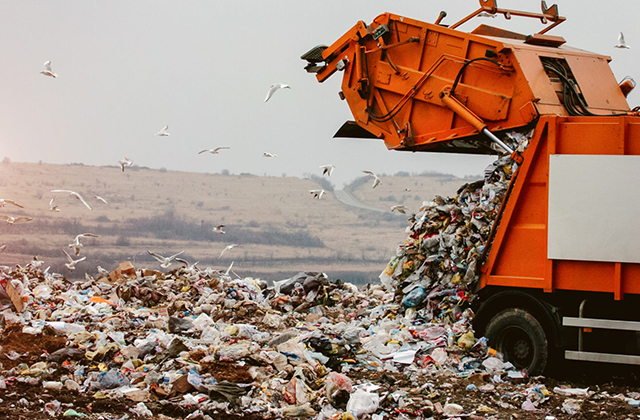If you don’t want to feel bother with waste or old stuff after renovation then call an office rubbish removal Sydney. Urbanization is increasing all over the planet. Increasing along with it is one of the more unpleasant byproducts of urban living: municipal solid waste. Cities are centers of garbage production, and the amount of garbage they create is increasing even faster than their populations, according to a recent report from the World Bank. And for cities in many developing countries, it’s rapidly a becoming an environmental and economic catastrophe.
In “What a Waste: A Global Review of Solid Waste Management,” [PDF] authors Daniel Hoornweg and Perinaz Bhada-Tata examine how rising urban populations are creating larger and larger waste management problems for cities all over the world. Unsurprisingly, authors found that the world’s urban residents are producing significantly more waste than they were just 10 years ago. Over that time, the waste generated by urban residents has nearly doubled, from 680 million tons per year to more than 1.3 billion tons per year. By 2025, the report anticipates that the world’s urban population will be producing 2.2 billion tons per year. The urban population is expected to increase from 2.9 billion in 2002 to a projected 4.3 billion in 2025.
Also increasing are the costs of dealing with all this waste, which poses especially significant problems for developing countries. Today it costs about $205 billion to manage municipal waste worldwide. By 2025 that cost is expected to increase to more than $375 billion. Low- and lower-middle-income countries will be hit the worst by these increases in waste and cost, mainly because they’re poor but also because they are rapidly urbanizing.
While the urban populations of upper-middle and upper-income countries are expected to largely maintain their levels of waste production in 2025, the urban populations in lower- and lower-middle income countries like India, Nigeria and Kenya will more than double the amount of waste they produce. As this chart shows, the increases for cities in these places are expected to be huge.
How these places deal with these increasing amounts of waste will be crucial, say Bhada-Tata and Hoornweg, who see waste management problems as an indication of greater issues in city governance.
“Municipal solid waste management is the most important service a city provides,” the report notes. “A city that cannot effectively manage its waste is rarely able to manage more complex services such as health, education, or transportation… Improving MSW is one of the most effective ways to strengthen overall municipal management and is usually a prerequisite for other, more complicated, municipal services.”


